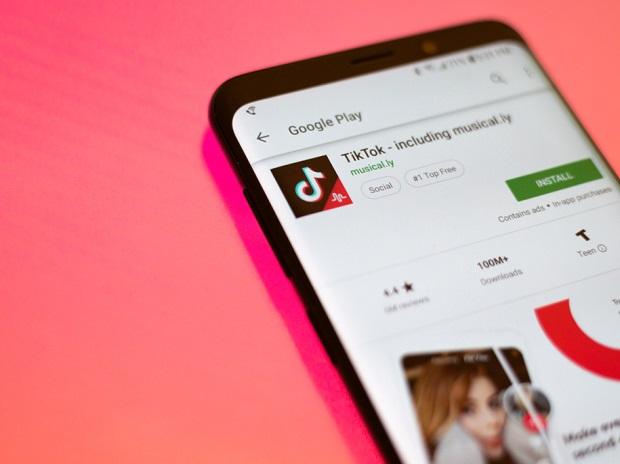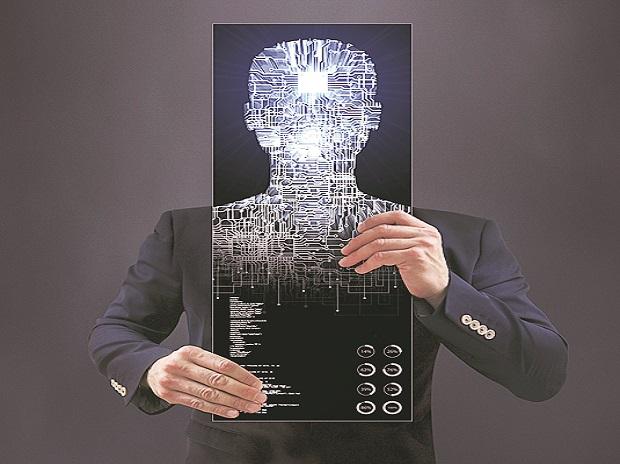TikTok: The world's most valuable startup that you have never heard of

Anticipation has long been building about the impending takeover of the tech world by Chinese digital giants like Alibaba, Tencent, Baidu, and JD. Efforts so far, however, have been largely disappointing. The most popular messaging app in the West is WhatsApp, not WeChat; people use PayPal, not Alipay, for digital payments; Google dominates the search market, not Baidu. Indeed, Google, Facebook, Instagram, Snap, Spotify, and Amazon, have barely noticed the competitive impact of their Chinese equivalents. While China has found great success in global hardware markets, they have had much less success with software. That is, until now. You may not have heard of it, but TikTok became one of 2018’s most downloaded mobile apps for Apple and Android devices in the US and Europe, unseating the likes of YouTube, Instagram, and Snapchat. TikTok has already been downloaded more than 80m times in the US, logging 4m downloads from the App Store in October alone. It is also one of the mo...
